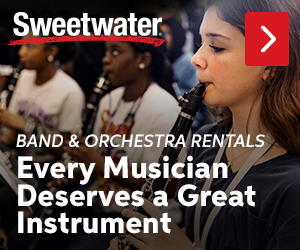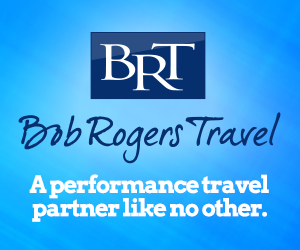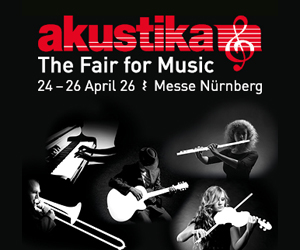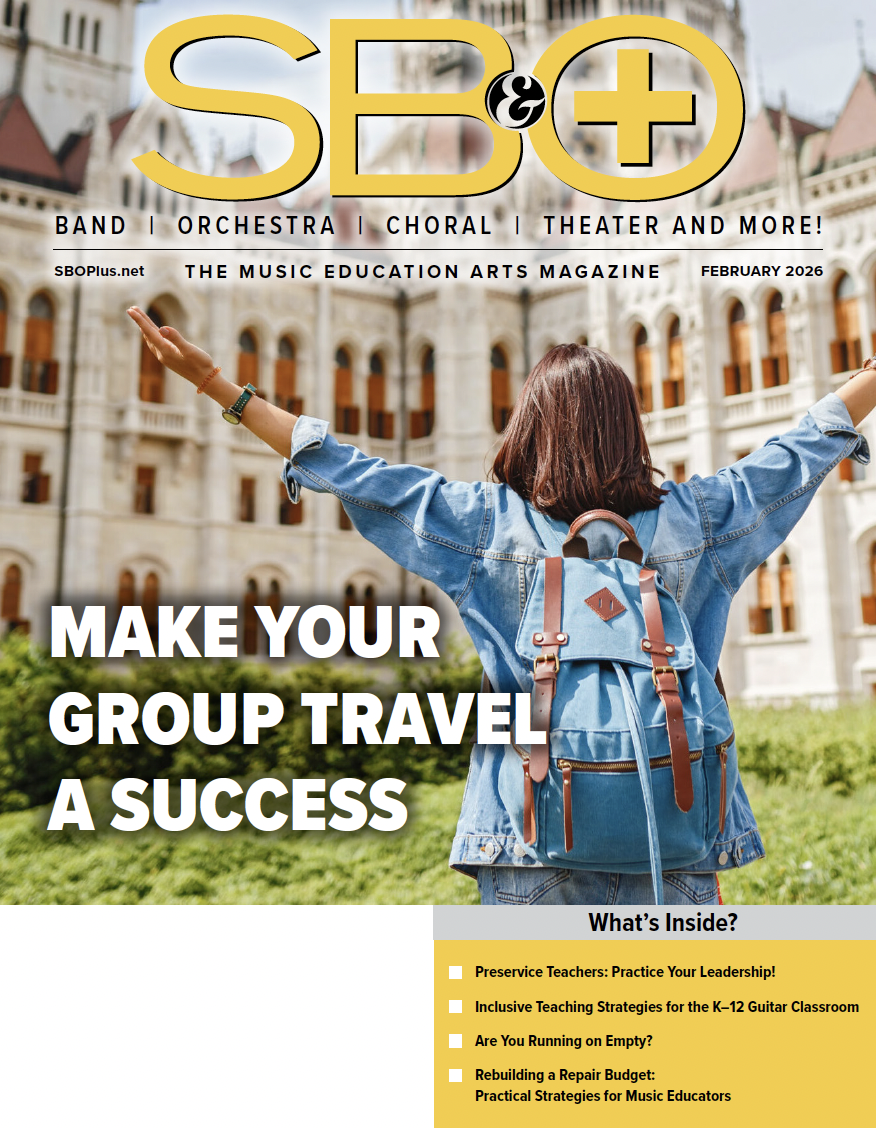
In the January SBO+ issue, I shared ideas for creating songs within a group setting. And while it is important to have strategies for crafting songs, it is also important to consider the spaces in which you share your work. For example, what is the culture of your music classroom? Are students given growth opportunities without the pressure of success? Is failure allowed? Can students try new skills that may be challenging for them (and you)?
At its core, creativity requires innovating, or trying something new. Songwriting is no exception. If students are used to a culture centered on perfectionism as the measure of success, it can be challenging to dive into creative work that requires them to try and often fail. It can be challenging for us, too! So, how do you create a culture that not only promotes creativity but champions exploration and collaborative generative work?
When intentionally building positive, creative cultures, consider the acronym M.A.P. as a guide. Through personally modeling the process of creativity, anticipating failure as part of the process, and promoting growth through a consistent feedback loop, you can help ease students into the creative process in a supportive environment. You can also use these concepts to help guide collaboration as students learn to communicate with each other about creative work. So, let’s dig into each of these concepts.
Model process: Is songwriting something you’re comfortable with? If not, that’s OK! Take risks alongside your students and share when you grow or feel stretched. For example, when writing lyrics with students, I might say something like, “I’m worried these lyrics may sound ‘cheesy,’ but I’ll share my ideas and feel free to reject or revise.” I tell them when I’m insecure about my ideas and ask them for feedback. I never expect them to engage in creative work that I’m also not willing to engage (and be stretched) in. Working alongside students also helps to build community and shared investment in the classroom culture.
Anticipate fails: For many of my students, failure is their biggest fear. Whether academically or musically, they want to achieve at a high level and feel “successful.” But failure is essential to creating. Through trying, failing, revising, and trying again, we learn to create and edit the work we make. And the more students participate in this cycle, the better they are at acknowledging every creative idea does not have to be the best innovative idea. For example, one of my favorite songwriting prompts for new songwriters is “write the world’s worst song.” I then have students share their work and vote on “the worst” one. Many times, their songs are actually good because they are not worried about failure. In fact, they are free to experiment without worrying if it sounds “good” or not. We also use this as an opportunity to discuss subjectivity in music and how one person’s measure of success might differ from another’s.
Promote growth: One of my favorite parts of collaborative songwriting is the end product is almost always stronger than if a person is working alone. Revision can be essential to the songwriting process, and students can be great producers of each other’s songs. I tend to pair students up to share demos and provide constructive feedback on specific aspects of the songs they are working on. With each student serving as both songwriter and producer/co-writer on another song, they have a mutual interest in creating the best end product possible. Instead of treating the creative process like a judge, they become a collaborator.
Once you’ve gotten into the rhythm of songwriting, how can you create positive cultures of sharing work? You might also consider low-pressure ways that help students focus on improving their songwriting craft, not just music performance. Too often, students are hyper-focused on the performance of a song that they miss out on opportunities to receive feedback on the song itself. Consider inviting students to collaborate in their performances or offer to perform for students if their fear of performing is holding them back. Each Friday, we have a “share day” in my class where we share finished works, or “W.I.P.” (works-in-progress). Sharing projects at all stages helps students feel less pressure to have a refined product. It also provides another feedback opportunity to promote growth.
Finally, remember culture takes time to establish. If this is the first time you are attempting creative work in the classroom, know you might need to take small steps to ease students into regular rhythms of songwriting.
Dr. Sarah Gulish is an educator in Philadelphia, Pennsylvania, where she teaches courses in creativity and popular music. She co-founded the fair pay publishing company, F-flat Books and teaches courses and supports educators at www.songwritingforme.com.




























